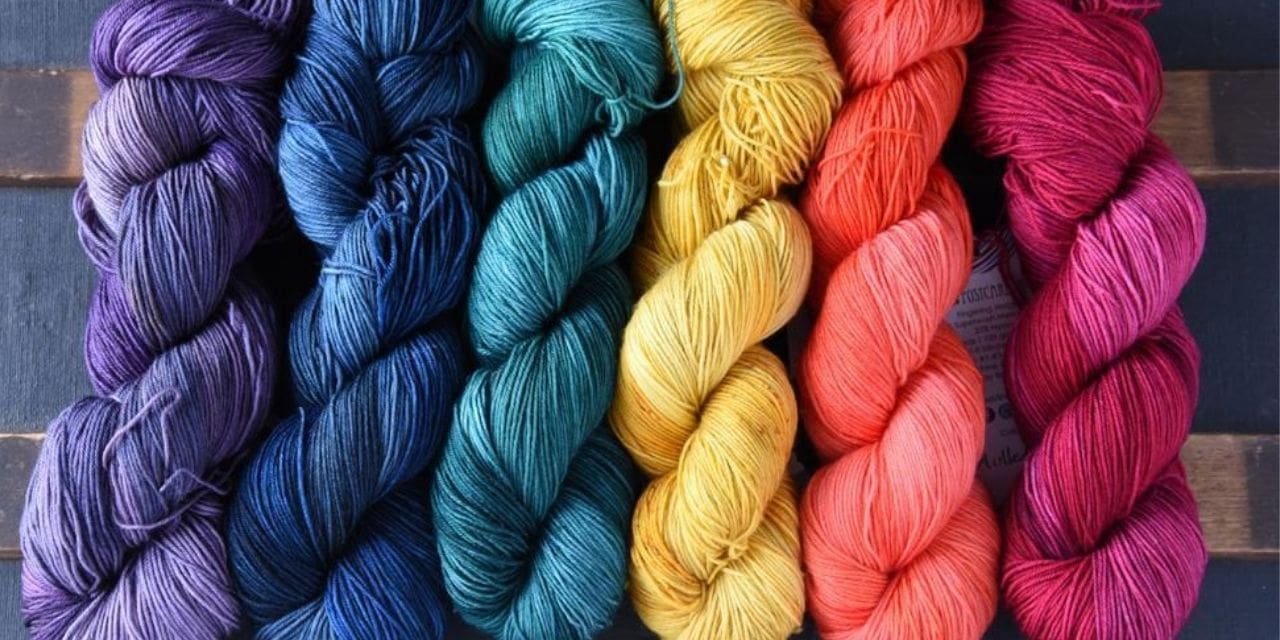SURAT: With the globe actively attempting to leave at least one fewer carbon footprint in the sands of time, Surat’s textile industry, which is known for its polyester products, is attempting to weave a greener mentality by adopting natural fibre – a biodegradable yarn that is environmentally beneficial.
Following the introduction of plant-based cupro fibre and viscose rayon, the city is now experimenting with fibre and yarn produced from pineapple, birch wood, banana, and bamboo.
Few of the items are researched and produced in the United States, and some foreign ideas are also attempting to establish themselves in the man-made fabric hub. Apart from materials like nylon, cotton, cuprammonium, viscose, linen, and a few others, polyester now accounts for over 80% of all fabric products.
Despite the fact that roughly 20% of units have created room for natural fibres, experts believe that the growth of polyester will continue unabated and that natural fibre will only serve niche markets.
Navsari Agricultural University (NAU), one of the local crusaders for natural fibre, has been aggressively marketing its banana-plant fibre generated from the plantain’s pseudostem.
However, it has its limitations, since only 2% of a 45kg stem may be used for fibre, while the rest is used to make vermicompost and liquid fertiliser.
“Some of these natural fibres and yarns have been available for a few years, but there has been relatively little commercial use of them.” “These can be made accessible at a customer-friendly price if commercial manufacturing increases,” said Rajnikatn Bachkaniwala, president of MANTRA, a textile research institute.
Source: https://timesofindia.indiatimes.com/

